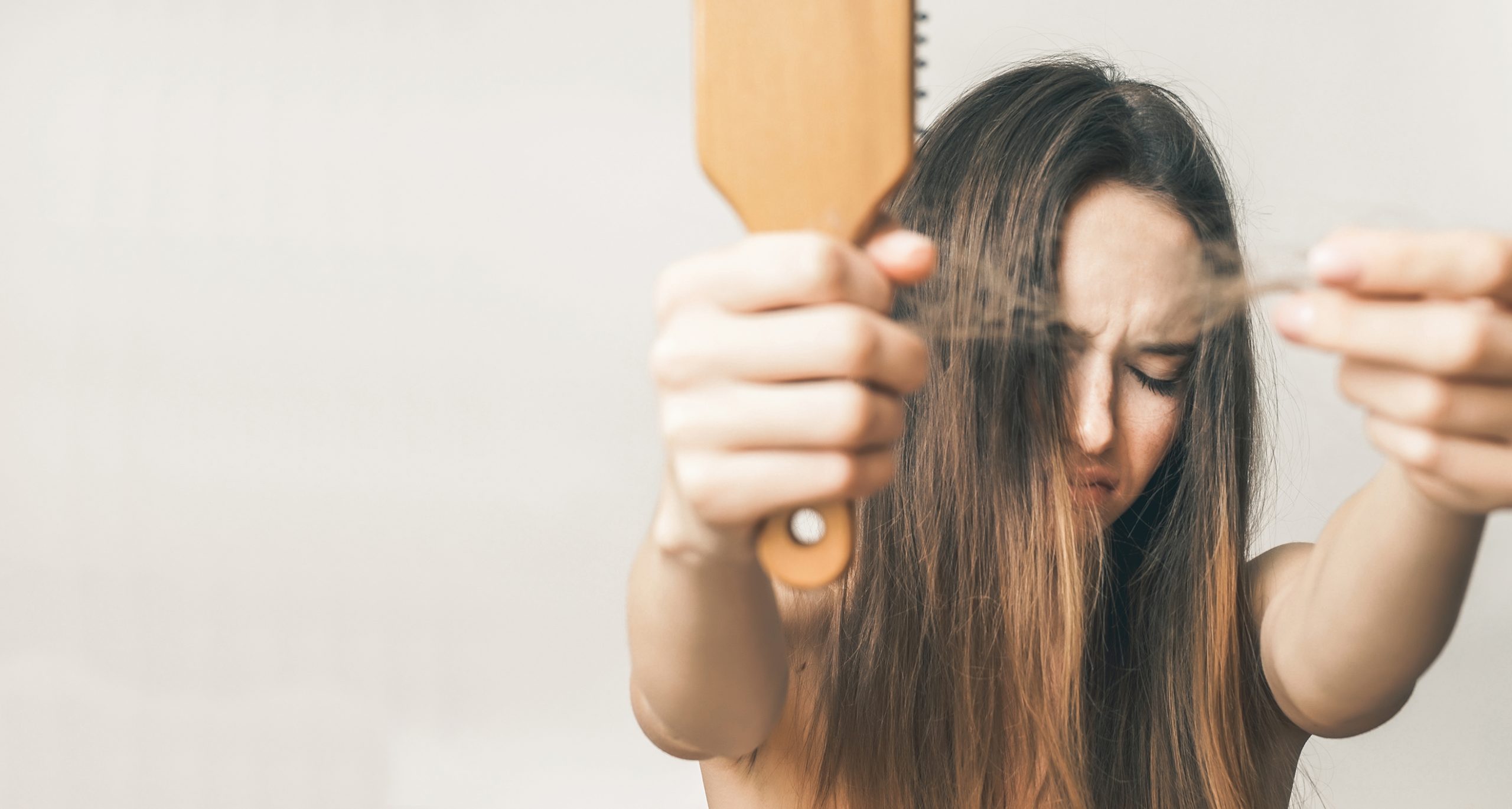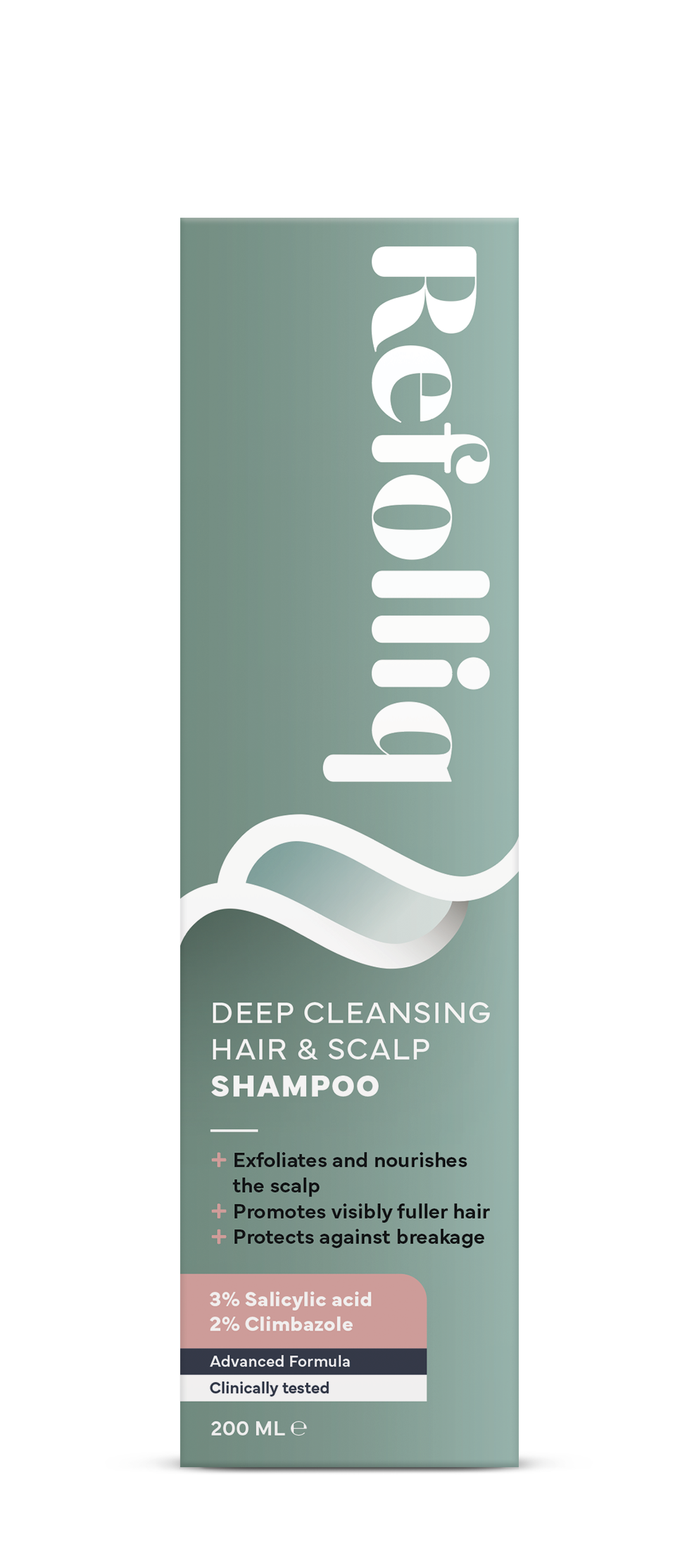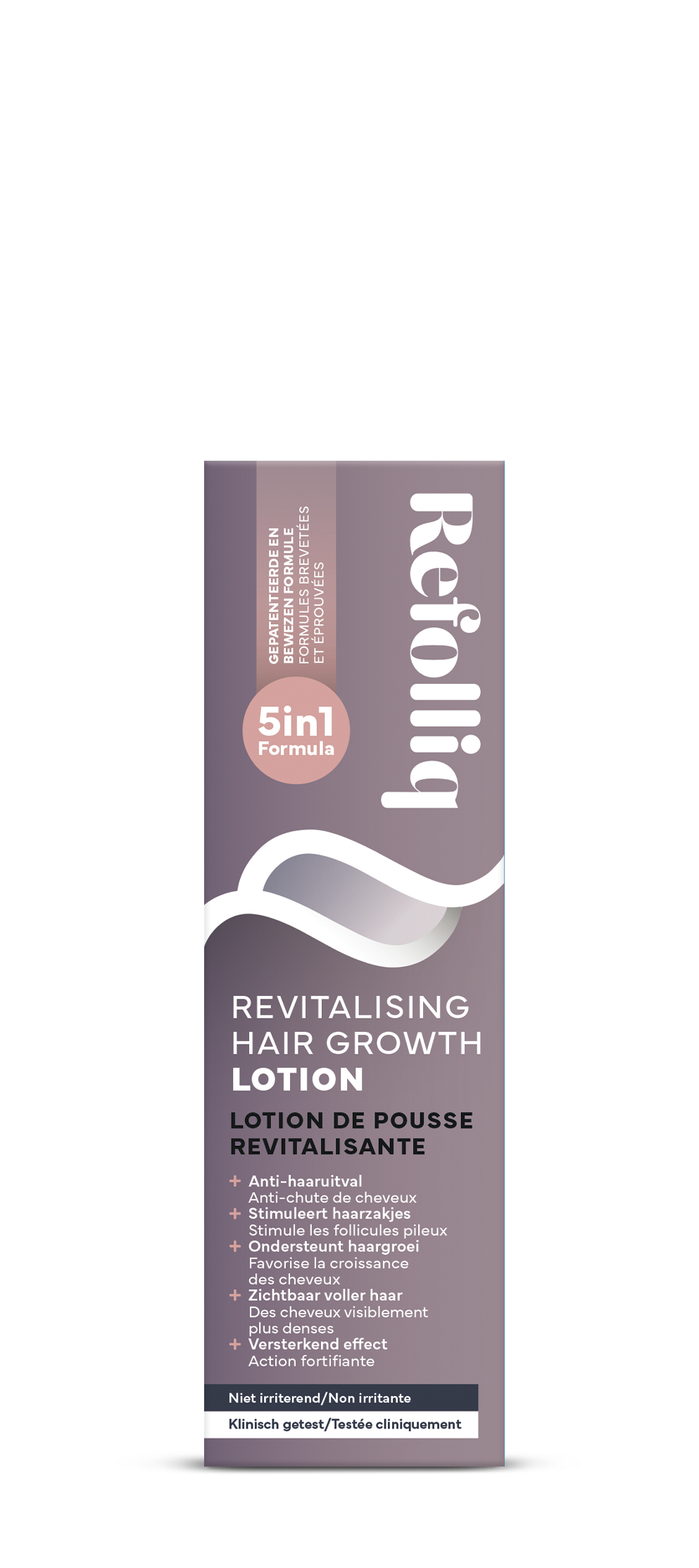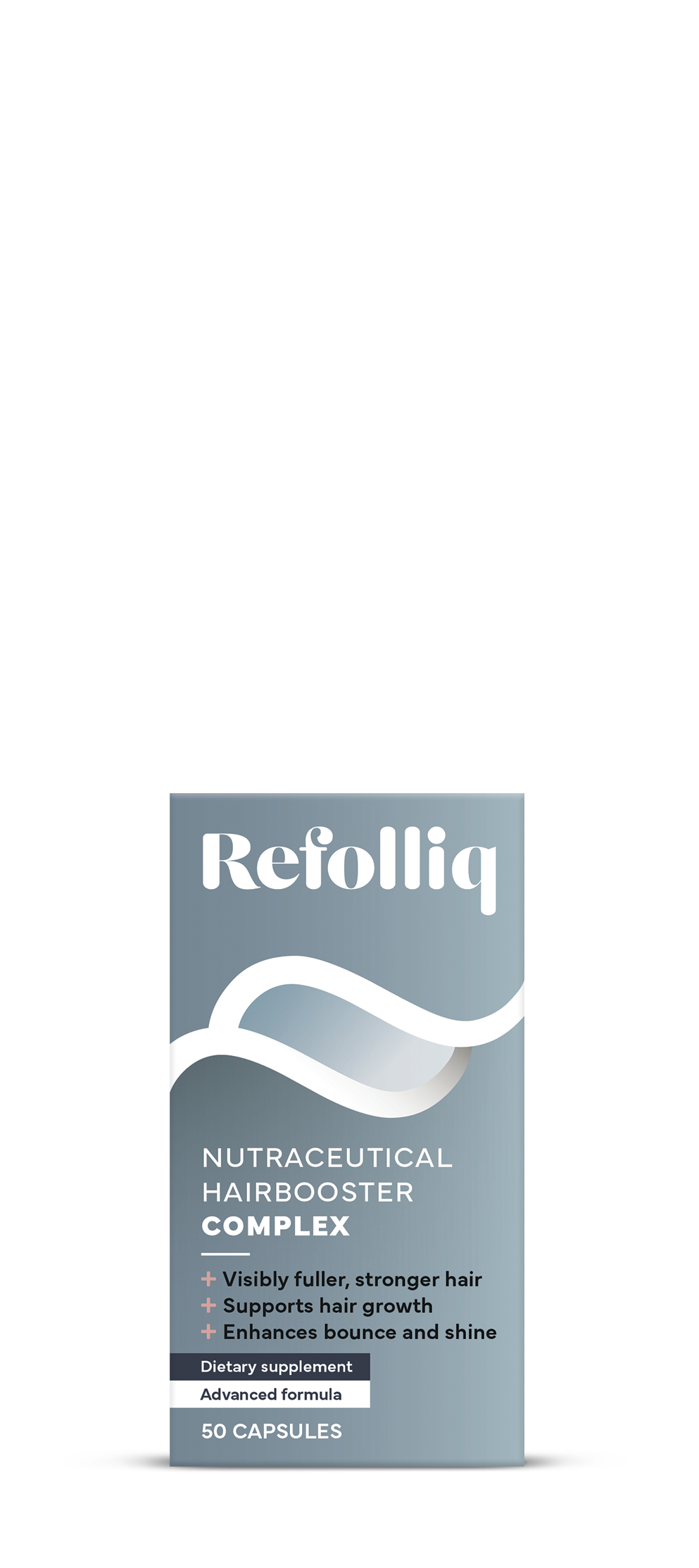Everything you need
to know about hairloss


Tips for Maintaining Healthy Hair and Preventing Hair Loss for Men and Women
Hair loss is a common problem that can impact people of all ages and genders. Although some factors are out of our control, practicing good hair care can greatly reduce the risk and improve overall hair health. Whether you’re seeing early signs of thinning or simply wish to keep your hair strong and vibrant, knowing the right prevention methods is crucial. In this article, we will explore effective ways to prevent hair loss and promote healthier hair.
Understand the Causes of Hair Loss
Identifying the underlying cause is crucial. Common factors include genetics, hormonal changes, nutritional deficiencies, medical conditions and stress. Understanding your specific situation can guide your prevention efforts.
- Nutrition is Key
A well-balanced diet plays a crucial role in maintaining healthy hair. Here are some dietary recommendations:
- Protein: hair is primarily made of protein (keratin). Include protein in your meals through sources like lean meats, fish, eggs, and legumes in your diet.
- Iron: iron deficiency can lead to hair loss. Incorporate spinach, lentils, and red meat for iron-rich options.
- Omega-3 Fatty Acids: these healthy fats found in fish, flaxseeds, and walnuts can promote a healthy scalp.
- Vitamins and minerals such as B vitamins like Biotin (Vitamin B8), Vitamin D, Iron, and Zinc, are vital for supporting hair health and stimulating growth.
- Hydration Matters
Staying hydrated is essential for your overall health, particularly for your hair. When you’re dehydrated, your hair can become dry and brittle, making it prone to damage. By drinking enough water, you help keep your hair strong and your scalp moisturized, ensuring that your hair receives the nutrients it needs.
- Try to drink at least 8 to 10 glasses of water daily.
- You can also include herbal teas and fruits and vegetables with high water content to help meet your hydration needs.
- Stress Management
Stress can significantly affect hair growth. Consider these stress-reduction techniques:
- Meditation: practicing mindfulness and meditation can reduce anxiety and improve mental clarity.
- Exercise: regular physical activity increases blood circulation and releases endorphins, which can help alleviate stress.
- Yoga: combining physical movement with breathing exercises can enhance relaxation.
- Gentle Hair Care Practices
How you care for your hair can impact its health. Here are some gentle hair care tips:
- Avoid heat: limit the use of hair dryers, curling irons, and straighteners. If you must use heat, apply a heat protectant first.
- The pH value is important: include hair products with an optimal pH range of 4.5 to 5.5 in your hair care routine to maintain healthy hair.
- Treat your hair gently: avoid tugging or pulling. Use a wide-tooth comb to detangle wet hair.
- Limit chemical treatments: regular colouring or chemical straightening can weaken hair. Consider opting for milder options.
- Scalp Health
A healthy scalp is essential for healthy hair. Consider the following:
- Regular (deep) cleansing: keep your scalp clean by washing your hair regularly to remove dirt and excess oils.
- Exfoliation: occasionally exfoliate your scalp to remove dead skin cells and promote blood circulation.
- Massage: gently massaging your scalp can improve blood flow to hair follicles, promoting hair growth.
- Supplements and Natural Remedies
If you’re struggling to get enough nutrients from your diet, consider supplements such as :
- Biotin: known for its role in promoting healthy hair growth, biotin supplements can be beneficial.
- Iron: iron delivers oxygen to hair follicles for growth. If hair loss and iron deficiency are confirmed, supplements may be recommended.
- Vitamin D: this vitamin plays a crucial role in many body functions and is essential for forming the cells that develop into hair follicles, supporting hair growth.
- L- Cysteine: a sulfur-containing amino acid that plays a key role in the production of keratin, the protein that forms our hair structure. Regular intake of L-Cysteine can enhance hair strength and resilience, reducing breakage leading to healthier and more vibrant hair.
- Lifestyle Changes
Incorporating healthy lifestyle habits can also contribute to hair health:
- Avoid smoking: smoking can restrict blood flow to hair follicles, leading to hair loss.
- Limit alcohol consumption: excessive drinking can lead to nutritional deficiencies and hair loss.
- Avoid sun exposure: steer clear of direct sunlight during the peak heat of the day.
- Get enough sleep: quality sleep is essential for overall health, including hair health.


